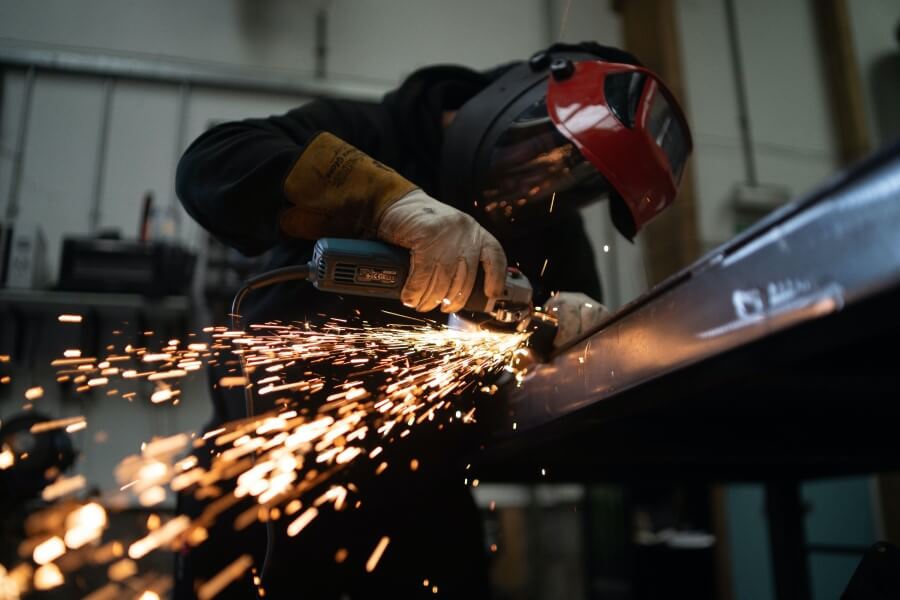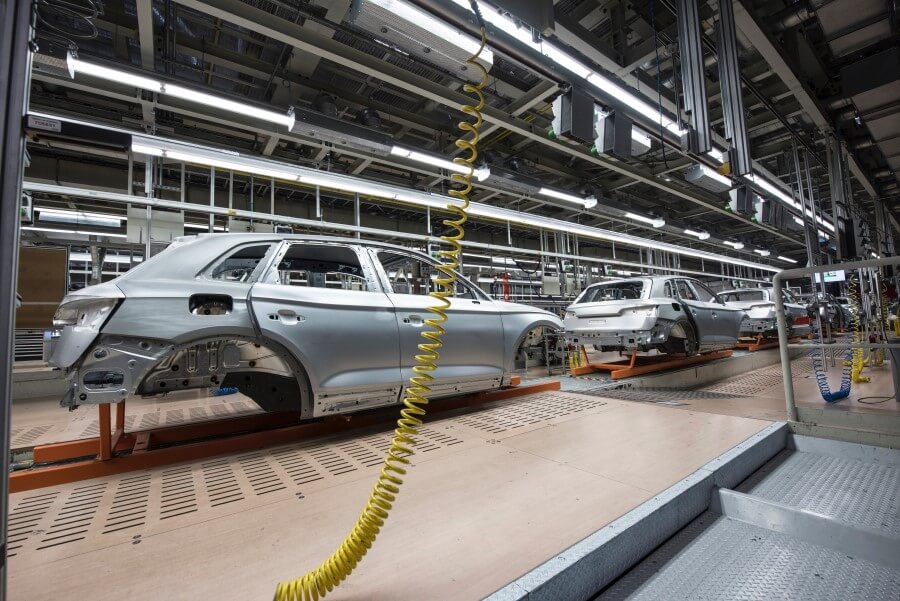
In partnership with the Midlands Engine, City-REDI / WMREDI staff have compiled several think pieces on key emerging trends on regional economic data points.
View our Midlands Engine Observatory project page
Flexible Working Patterns
Firstly, Dr Abigail Taylor looks at flexible working patterns. Greater demand for flexible and hybrid working practices has emerged following the shift to homeworking accelerated by the Covid-19 pandemic. Employees are increasingly seeking greater choice over where and how they work. In turn, this is influencing companies to change their business models to respond to these new expectations and prevent potential staff shortages.
Job Flexibility: Opportunities for the Midlands Engine

Green Jobs
Alice Pugh analyses how a just transition to green jobs will be key to ensuring the long-term resilience of local economies against the impact of a move to net zero. This is particularly important given the sectoral makeup of the Midlands regional economy, and that 40% of all employment across the Midlands is employed within high emitting industries, such as manufacturing and aviation.
A ‘Just Transition’ towards ‘Green jobs’
Graduate Retention and Migration
Dr Kostas Kollydas identifies key retention/migration patterns of recent graduate workers across the UK regions. Workers employed in the digital industries are expected to play a crucial role in improving and levelling up the Midlands’ skills base. Specifically, the tech sector has the prospect of generating 52,000 new jobs in the region by 2025, thus contributing to the UK economy by £2.7 billion.
Regional patterns of Graduate mobility

Private R&D Investment
Professor Simon Collinson looks at the patterns of public and private R&D investment across the region and impacts on innovation and economic growth, revealing that the pattern of funding is both a cause and effect of the strong regional legacy as a manufacturing powerhouse. Assets, capabilities and expertise in local firms, large and small, and in universities, underpin this strength.
Regional Infrastructure Trends
Ben Brittain looks at regional infrastructure trends that have merged during the pandemic, shifting behavioural patterns and the opportunities for green, digital and electric vehicle infrastructure. He identifies that the West Midlands and East Midlands lags on public electric vehicle charging points, with just 6.6% of the UK share and yet 8.9% of the population for the West Midlands, with the East Midlands having 5.5% share of charging points with a 7.2% population share.
Infrastructure: Connecting Places
Automotive Sector
Professor Raquel Ortega-Argiles underscores the significance the automotive sector has on the economy in the Midlands with 40% of all new cars exported from the UK made in the West Midlands. Both global trade and supply disruptions and the legacy of the pandemic are set to have a damaging impact on this sector.
The Economic Impact of Brexit and Covid-19 on the Midlands Automotive Sector

Whilst the Midlands economy is diverse and there are emerging growth sectors such as gaming, digital, life sciences and digital, manufacturing still plays a substantial role in the region’s economy. The efforts to tackle climate change and the pandemic are going to disrupt this sector significantly.
In these think pieces, compiled by City-REDI staff, we provide a short snapshot of the challenges and opportunities for the region; the importance of this is crucial as we emerge from the pandemic and the UK government and British firms implement a programme of green growth reforms.
This blog was written by Ben Brittain, Policy and Data Analyst, City-REDI, University of Birmingham.
Disclaimer:
The opinions presented here belong to the author rather than the University of Birmingham.
To sign up for our blog mailing list, please click here.
